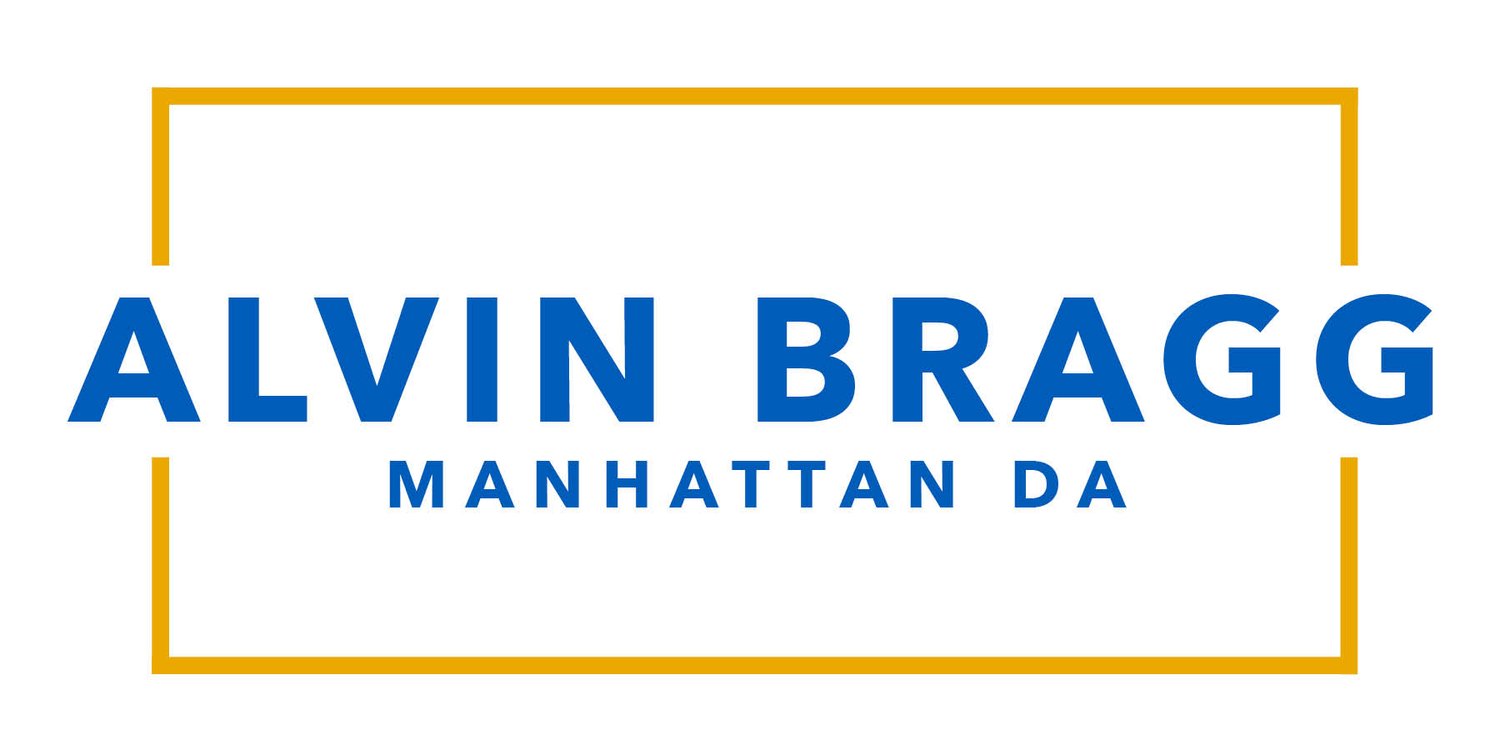NEW YORK TIMES
6 N.Y.C. Landlords Prosecuted for Overcharging Tenants
The charges are the first brought by a new unit in the Manhattan district attorney’s office focused on fraud and tenant harassment in the housing and the real estate industry.
State prosecutors on Wednesday charged six property developers and their companies with taking advantage of a lucrative tax break intended to spur housing construction, as part of the Manhattan district attorney’s new focus on fighting misconduct in the real estate industry.
The developers — Joel Kohn, Michael Ambrosino, Alen Paknoush, Mendel Gold, Ioan Sita and Gheorghe Sita — were charged with submitting false documents to New York City and State, violating the terms of a much-debated tax program that played a major role in shaping development in New York City over the past 50 years.
The prosecutors, along with the city’s Department of Investigation, accused the six developers of having rented apartments out at higher rates than they had pledged, together earning more than $1.6 million in property tax benefits in the process. Under the terms of the program, known as 421a, those apartments were meant to be rented to people who qualified for affordable housing, at lower prices.
The program, which costs the city about $1.77 billion in annual tax revenue, has drawn fierce criticism from local politicians and housing groups who say it amounts to a giveaway to the real estate industry, and critics say it is routinely exploited by developers.
“This illegal activity was perpetuated for years,” said the Manhattan district attorney, Alvin L. Bragg, at a news conference on Wednesday announcing the charges. “When we have a housing crisis like we have right now, every unit of affordable housing counts,” he added.
Jocelyn Strauber, the Commissioner of the Department of Investigation, said that such conduct “harms the city in more than one way.” Along with removing affordable units from the housing market, she said, the behavior “reduces the city’s revenue base, by illegally reducing the taxes paid by developers and landlords.”
A lawyer for Mr. Ambrosino declined to comment. Representatives for the other developers did not immediately respond to requests for comment.
The charges come just a week after Mr. Bragg, announced the formation of a new Housing and Tenant Protection Unit, devoted to rooting out criminal conduct by landlords and developers, at a time when the city’s housing crisis has deepened, with homelessness on the rise and many people struggling to afford soaring rents.
Developers relied on the tax break program to build hundreds of thousands of apartments and condominiums. Recent iterations of the incentive have required developers to include some rent-stabilized and below-market rentals.
They aggressively lobbied for the program’s resurrection after state legislators allowed it to expire in June, but were unsuccessful. They say some sort of tax incentive is necessary to encourage development and solve the city’s housing shortage. Still, they acknowledge that the program has not done enough to address a growing affordability crisis.
And the program has drawn the ire of many on the left who view it as overly generous to the real estate industry. In the past, critics also have said the program has not been meaningfully overseen by government agencies. That notion has been reinforced by cases of developers and property owners accused of flaunting rules associated with the program.
On Wednesday, prosecutors charged the six developers and their companies with 13 counts of grand larceny and more than 50 counts of city criminal tax fraud, among other crimes, for conduct spanning from 2011 to 2019. Though all the buildings involved in the indictment were located in Brooklyn, Mr. Bragg’s prosecutors asserted their jurisdiction by citing the involvement of the city’s Department of Housing Preservation and Development, which is based in Manhattan and is in charge of approving income-qualified tenants.
Aaron Carr, the executive director of the Housing Rights Initiative, a nonprofit watchdog group that has investigated and publicized 421a-related fraud cases, said he was not aware of any other agency that had pursued criminal charges in connection with abuse of the program.
“New York City and New York state have long been soft on real estate crime,” he said. “It is great that the tide is turning against real estate tax cheats. We’re ecstatic about it.”
The criminal charges appeared to be the first of their type, but litigation is common in such cases. This month, tenants accused landlords of three buildings that received the tax break of illegally raising rents in a lawsuit, the news site City Limits reported. The lawsuit used information gathered in an investigation by the Housing Rights Initiative, the nonprofit group.
Mr. Carr said the group had conducted an audit that found more than 1,500 buildings that may be “out of compliance” with 421a.
In October 2020, four developers agreed to pay more than $600,000 in fines after the New York attorney general accused them of violating 421a rules, including failing to provide tenants with rent-stabilized leases and illegally overcharging some renters.
Regulatory agencies have struggled to provide more extensive oversight. A state agency responsible for investigating complaints about illegal rent hikes, for example, has a backlog, with some cases languishing for years, the New York Daily News reported this month.
During his election campaign, Mr. Bragg, whose father once served as a director of city homeless shelters, pledged to change that. In announcing the formation of the unit last week, he committed to using his office’s resources to target landlord and developer malfeasance.
“By taking a targeted approach to complex and pervasive criminal activity, we can root out the bad actors who are seeking to game the system for profit at the expense of ordinary New Yorkers,” he said in a statement.
